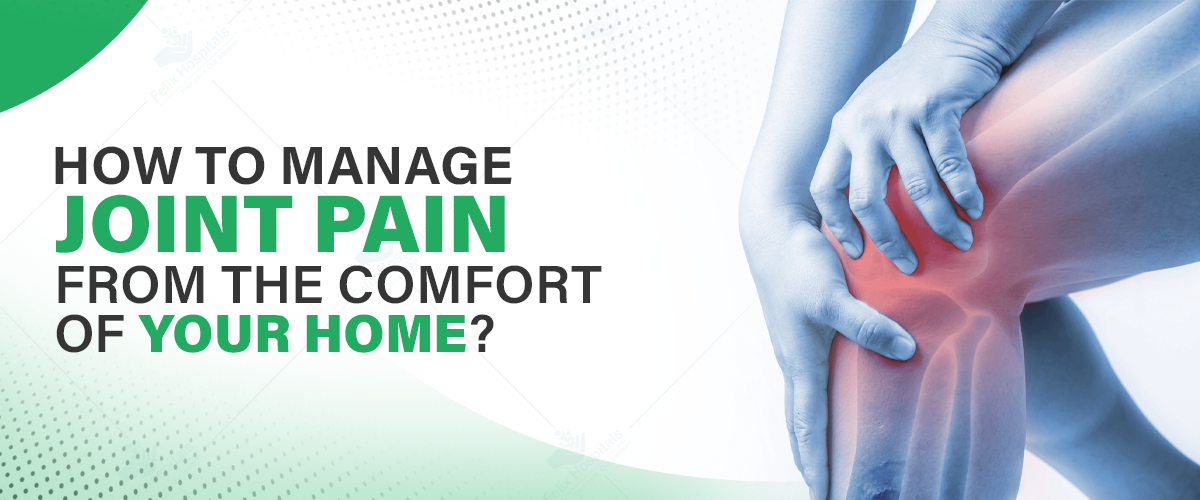
Subscribe to our

Stiff joints, persistent pain, and restricted mobility can make everyday chores seem like a daily struggle for people with arthritis. However, there is still hope because the correct strategy, which includes exercise, can have a significant impact. Noida/Greater Noida's best rheumatology hospital is here to help you properly manage your arthritis pain. This site offers dos and don'ts for smart workouts and lifestyle changes to help you take charge, lessen discomfort, and live a better life. Let's investigate ways to reduce the symptoms of arthritis and determine what suits you.
Don't let discomfort in your joints stop you. To schedule a consultation, call +91-9667064100 right now.
The first step to controlling your condition is understanding it. Rheumatoid arthritis and osteoarthritis are two types of arthritis, each with its own set of difficulties. Some wear down cartilage, while others induce swelling in the joints. Identifying your type and any joint damage allows you to customize your strategy. Together, you and the best rheumatologist in Noida sketch out your needs. Inform your physician of any changes in your pain, and don't be afraid to enlist the help of your family; it will make the process go more smoothly.
Little adjustments to daily activities can have a big impact:
Lifestyle changes are also beneficial:
Fortunately, exercise can lessen rather than increase arthritis discomfort. Exercise improves your mood, increases flexibility, and strengthens the muscles surrounding your joints. Additionally, it reduces weight, which relieves tension in aching areas. This is how to do it correctly:
Do’s:
Avoid:
Avoid High-Impact Activities: Tennis, running, and jumping can cause joint strains. Stay with activities that go more smoothly.
Steer clear of repetitive motions, such as repeatedly swinging a racket, as these might aggravate arthritis. Change up your routine.
Medications: Finding Relief Safely
When pain flares up, medications can help:
Don't just concentrate on pain management; arthritis also has an emotional impact. Persistent discomfort can exacerbate pain by igniting anger or despair. For optimal effects, treat both the body and the psyche.
Pain from arthritis affects more than just your body; it can also affect your emotions. When things get difficult, it's normal to feel depressed or anxious. Here's how to improve your mood and body:
Dos:
Avoid:
Inform your doctor if you have any signs of anxiety or depression; treating these conditions early on helps to control pain.
With over 20 years of experience, Dr. Kiran Seth offers expert care in Rheumatology and Immunology, specializing in complex autoimmune conditions like RA, SLE, Vasculitis, and Ankylosing Spondylitis. She provides advanced treatments including biologics, bone marrow biopsies, lumbar punctures, and joint injections. Book your in-person or online consultation today for personalized, effective care! She is also providing online consultation for those patients who were not able to come to the hospital, so don’t hesitate, just contact us today for a better understanding.
Consult your Felix Hospitals rheumatoid arthritis specialist by clicking here to begin your journey to relief.
You don't have to let arthritis take over your life, even if it can feel overwhelming at times. You may control your symptoms and enhance your general health by combining the appropriate amount of information, physical activity, lifestyle modifications, and emotional support. Keep in mind that proper exercise can enhance your mobility, lessen the pain associated with arthritis, and improve your mood. Before starting a new therapy or fitness regimen, always get advice from your healthcare professional. There is hope, support, and healing ahead; you are not traveling this path alone.
1. Can I still exercise if I have swollen joints due to rheumatoid arthritis?
Ans: Yes, but timing and type of exercise matter. When joints are swollen or inflamed, focus on gentle range-of-motion exercises and stretching. Avoid strength training or weight-bearing exercises during flare-ups. Felix Hospitals’ physiotherapy team can guide you through safe modifications during these periods.
2. Is water aerobics really effective for arthritis, or is it just a trend?
Ans: Water aerobics is clinically recommended for arthritis. The buoyancy of water supports joints, reducing stress while allowing a full range of motion. It’s particularly beneficial for knee and hip arthritis, and is part of Felix Hospitals’ customized rehab programs.
3. How much weight do I need to lose to see improvement in arthritis pain?
Ans: Even losing 5-10% of your body weight can significantly reduce joint stress—especially in the knees. Felix Hospitals’ dieticians offer tailored weight management plans that are gentle on joints and inflammation-friendly.
4. Can smoking really make my arthritis worse, even if I use e-cigarettes?
Ans: Yes, both traditional and electronic cigarettes contain toxins that damage connective tissues and increase inflammation. Smoking can also reduce the effectiveness of certain arthritis medications. Felix Hospitals offers support programs to help patients quit safely.
5. Is it safe to use capsaicin cream every day for joint pain?
Ans: Yes, daily use is generally safe when applied as directed. Capsaicin works by blocking nerve signals that send pain messages. However, avoid using it on broken or irritated skin, and always wash hands after application. Talk to a Felix rheumatologist before combining with other topical treatments.
6. Can massage therapy worsen arthritis symptoms if not done properly?
Ans: Absolutely. An untrained massage therapist may apply pressure on inflamed joints, worsening pain. Always seek a therapist trained in arthritis-sensitive techniques. Felix Hospitals can connect you with certified professionals who understand arthritis-specific care.
7. How do I know if my emotional stress is worsening my arthritis symptoms?
Ans: Signs include increased flare-ups, sleep disturbances, or heightened pain sensitivity during stressful periods. Felix Hospitals provides counseling and cognitive behavioral therapy (CBT) to help you manage emotional triggers that may be amplifying physical discomfort.